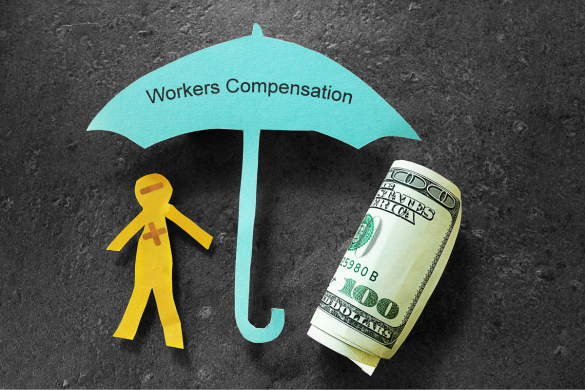Free Consultation
(406) 442-1054


Getting hurt on the job is stressful enough. Getting your workers’ compensation claim denied can make it feel even worse. You counted on that support to help cover your medical bills and lost wages, and now it feels like you’re on your own. The good news is that a denial doesn’t always mean the end of the road. There are steps you can take to fight back and protect your rights.
At Wall, McLean & Gallagher, we’ve helped injured Montanans across Helena, Anaconda, and beyond get the benefits they deserve. Here’s what to know and what to do next if your Montana workers’ comp claim has been denied.
Workers’ compensation is supposed to help employees who get hurt at work, but sometimes the system doesn’t work as it should. Denials can happen for a variety of reasons, including:
Whatever the reason, it’s important not to panic. Many denied claims can be turned around with the right documentation and guidance.
Your denial letter should explain exactly why your claim was denied and give a deadline for appealing the decision. This document is your roadmap. Look for details such as:
Keep this letter in a safe place, and make note of the appeal deadline. Missing that deadline can end your right to challenge the decision.
To overturn a denial, you need to back up your claim with solid evidence. That means collecting anything that supports your side of the story. This might include:
The more details you can provide, the stronger your case will be.
In Montana, workers’ comp disputes often go through the Department of Labor & Industry (DLI). You can request mediation, which gives you and the insurer a chance to work things out with the help of a neutral mediator. If that doesn’t resolve it, you can request a formal hearing before a Workers’ Compensation Court judge.
These steps can be intimidating, especially if you’re recovering from an injury. Having an experienced workers’ compensation lawyer on your side can make a big difference. A lawyer can handle the paperwork, meet deadlines, and build the strongest possible case for you.
You don’t have to face a denied claim alone. A local attorney who understands Montana’s workers’ compensation laws can help you:
At Wall, McLean & Gallagher, we take pride in standing up for injured workers across Montana. We’re not a big out-of-state firm that treats you like a case number. We’re your neighbors—local attorneys who care about getting you the help you need to recover and move forward.
The workers’ compensation system can be confusing, especially when you’re already dealing with pain and financial stress. But a denial doesn’t have to be the end of your claim. With the right steps and the right help, you can appeal and fight for the benefits you deserve.
If your Montana workers’ comp claim has been denied, take action now. Review your letter, gather your evidence, and talk with an experienced local attorney who knows how to navigate the system. Wall, McLean & Gallagher is here when you need us most—helping Montanans get fair treatment, one case at a time.